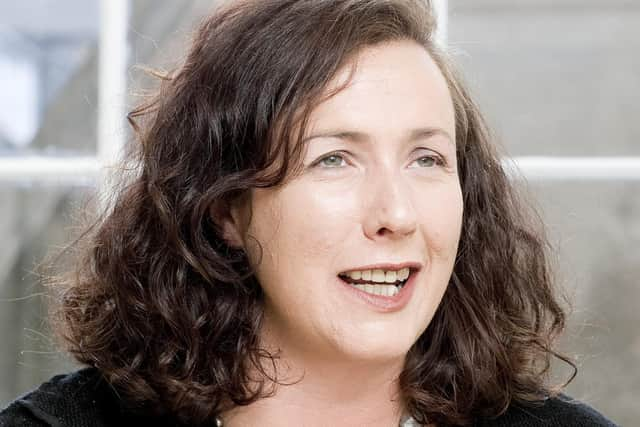Coronavirus in Scotland: Summer holidays being used as ‘bargaining chips’ between separated parents
Shona Smith, head of family law at Balfour+Manson, based in Edinburgh, said: “Never before has the gulf in parenting attitudes been so stark as it has been over what is acceptable in lockdown conditions,”
Family law partner Lynne Mulcahy said holidays had been a particularly divisive issue.
Advertisement
Hide AdAdvertisement
Hide AdShe said: “Parents are already using holidays as a bargaining chip, saying things like ‘I’m not even going to talk about summer holidays unless he or she agrees to X & Y’.”


Many relationships between separated parents who had co-operated “perfectly well” with each other until before the pandemic have broken down, Ms Smith said.
“One parent might follow restrictions to the absolute letter, then the kids come back from mum or dad and tell them they went to aunty’s house, played with her kids, saw grandma in her house, then went shopping – or went in to see the neighbours,” she said.
Most rows are sparked by a child making an innocent comment about an activity undertaken with one parent, which the other finds unacceptable, Ms Smith said.


“Most major problems have occurred where relationships that were already fragile have cracked and that has definitely impacted on children,” she continued.
“Some have spent less time with a ‘non-resident parent’ because the other parent has deemed their behaviour to be ‘unsafe’.
“There have been extreme cases where one parent has refused to return children to the other parent at the agreed time because they genuinely feel their health is being threatened.”
Ms Smith said changes in guidance had made the situation more challenging.
Advertisement
Hide AdAdvertisement
Hide Ad“We advise parents to communicate effectively and act reasonably and sensibly in the light of the government guidance in place at that time, but it can be uncomfortable finding middle ground when people have such strong views and when the guidance is changing,” she said.
"As lawyers, we are used to rules that apply in a fixed way for a lengthy period. Guidance over the last year has often only lasted for weeks at a time.”
A message from the Editor:Thank you for reading this article. We're more reliant on your support than ever as the shift in consumer habits brought about by coronavirus impacts our advertisers.
If you haven't already, please consider supporting our trusted, fact-checked journalism by taking out a digital subscription.
Comments
Want to join the conversation? Please or to comment on this article.